Category: asteroid/comet impacts – Page 16

When did the dinosaurs go extinct?
The end, when it came, came suddenly. An asteroid or comet 10 kilometres across slammed into the Gulf of Mexico, gouging a 180-kilometre crater and unleashing firestorms, eruptions and mega-tsunamis across the globe. The debris blocked out the Sun for years. The dinosaurs – and the other 75 per cent of life that went down with them – didn’t stand a chance.
The story of the demise of the dinosaurs 65 million years ago is well known. But that of their origin is less so. Dinosaurs were the dominant animals on land for at least 135 million years, the longest reign of any group. Had the impact not happened, they might still be in control. Where did these magnificent beasts come from?
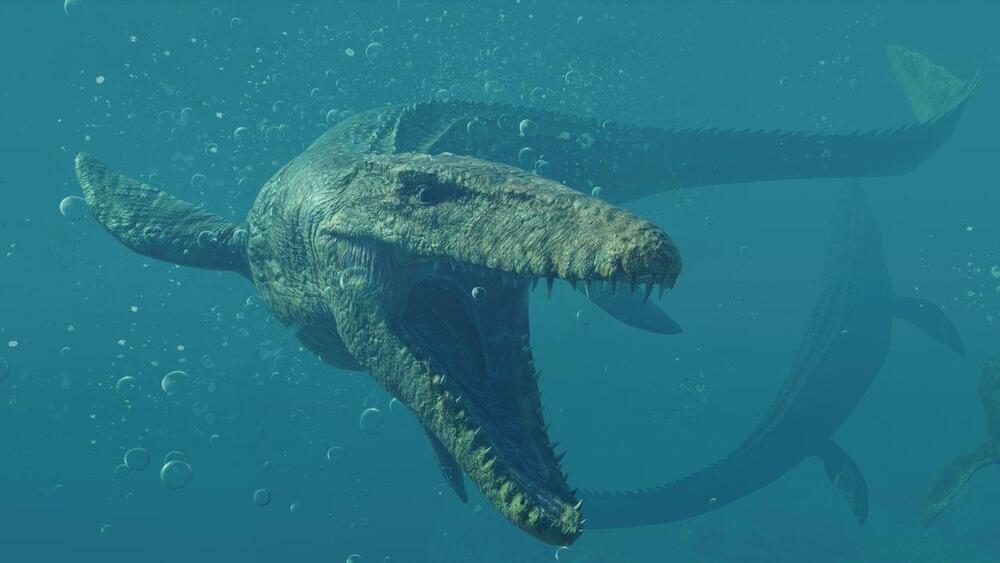
Amazing fossils from the day of the Dinosaur-ending asteroid strike may have been found
A completely intact dino-drumstick complete with skin and more. Just need 11 ancient herbs and spices.
The Tanis fossil site located in North Dakota in the United States of America is currently one of the most interesting places on Earth. Well that’s if you like dinosaurs and uncovering the ancient mysteries of our planet. Maybe you’re more into ancient computers that predict eclipses (opens in new tab). If not, uh, why not check out some of our hot Elden Ring content (opens in new tab)? We’ve got guides on the best builds (opens in new tab), how to survive (opens in new tab), and all sorts of stuff.
Ok, now that we’ve gotten rid of those people, back to the dinosaurs.
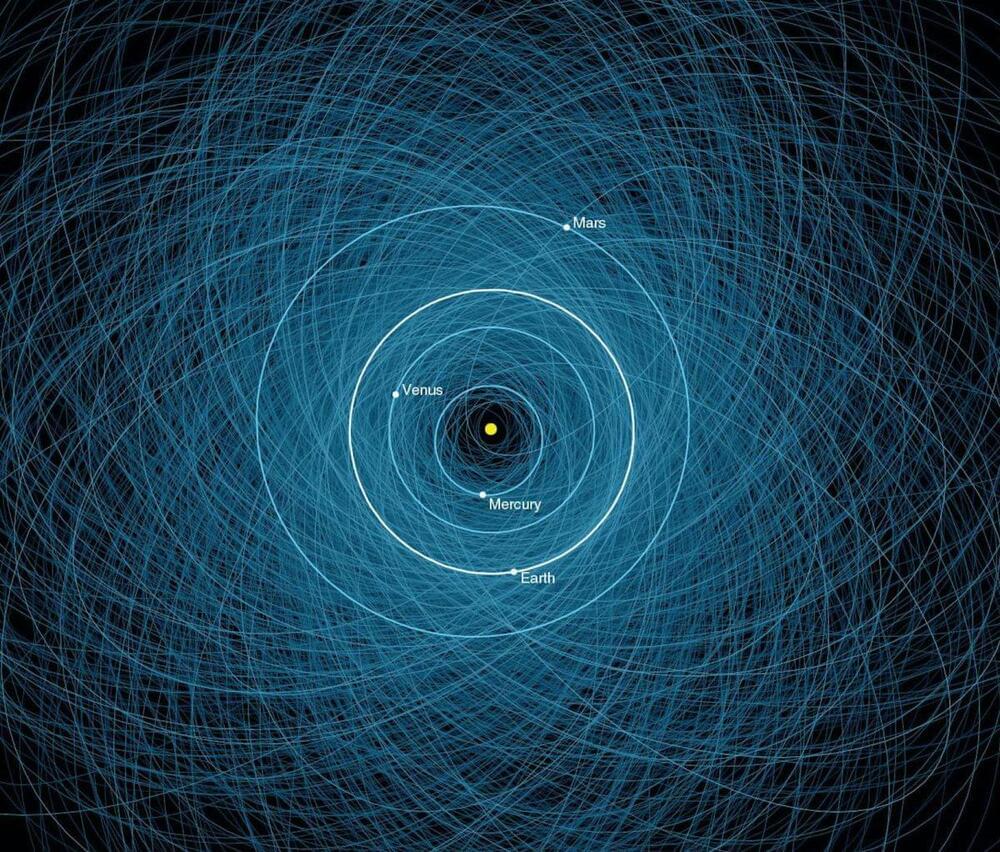
NASA downgrades a large asteroid’s risk of impact in 2880
Earthlings 800 years from now can breathe a little easier.
A fresh assessment of a distantly risky asteroid brings good news: it’s even less of a threat than astronomers had feared.
The chances of an asteroid dubbed 1950 DA crashing into Earth were always tiny and long in the future: As of 2015, scientists had calculated that the object had a 1 in 8,000 chance of impacting Earth in the year 2880. But a new analysis released on Tuesday (March 29) knocks the asteroid out of the top spot of NASA’s list of known asteroids that are most potentially hazardous to Earth.
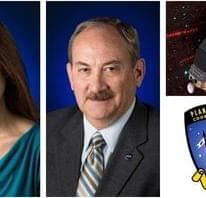
Planetary Defense at NASA
Wed, Mar 23 at 10 PM CDT.
GUEST SPEAKERS:
Kelly fast, near-earth object observations program manager, NASA
Lindley johnson, planetary defense officer, NASA
VIRTUAL ASTRONOMY TALK:
Near-Earth objects (NEOs) are asteroids and comets that orbit the Sun like the planets, but with orbits that can bring them into Earth’s neighborhood. An asteroid impact is the only natural disaster that could be prevented, so early identification of any potential impact threat is key. NASA established the Planetary Defense Coordination Office (PDCO) to manage its ongoing mission of planetary defense – from projects to discover, track, and characterize NEOs to the first test mission of an asteroid deflection technique with the Double Asteroid Redirection Test (DART). Hear the latest on the DART mission and on NASA’s efforts to find asteroids… before they find us!
Look Up: NASA’s Asteroid Tracker Now Searches the Entire Sky Every 24 Hours
ATLAS has already spotted more than 66 comets and 700 near-Earth asteroids (two of which actually hit Earth’s atmosphere!).
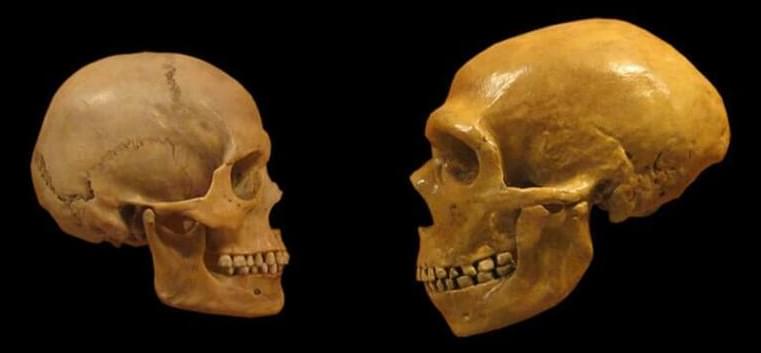
Future Evolution: How Will Humans Change in the Next 10,000 Years?
READER QUESTION: If humans don’t die out in a climate apocalypse or asteroid impact in the next 10,000 years, are we likely to evolve further into a more advanced species than what we are at the moment? Harry Bonas, 57, Nigeria
Humanity is the unlikely result of four billion years of evolution.
From self-replicating molecules in Archean seas, to eyeless fish in the Cambrian deep, to mammals scurrying from dinosaurs in the dark, and then, finally, improbably, ourselves—evolution shaped us.
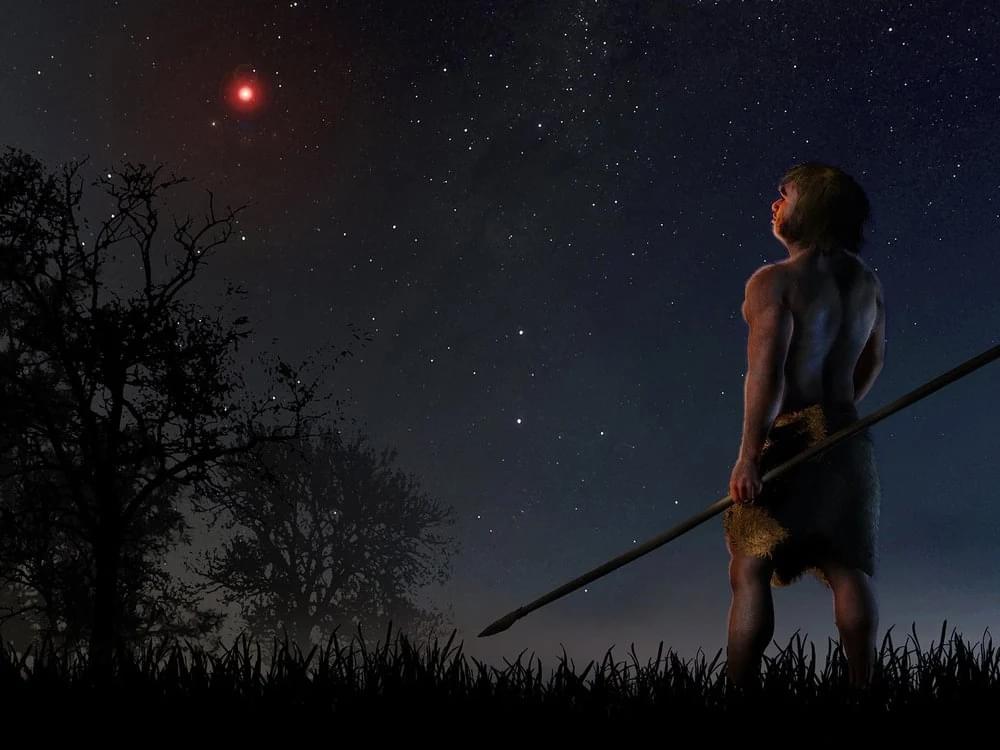
When did the first humans arise on planet Earth?
By the time our planet was four billion years old, the rise of large plants and animals was just beginning. Complexity exploded around that time, as the combination of multicellularity, sexual reproduction, and other genetic advances brought about the Cambrian explosion. Many evolutionary changes occurred over the next 500 million years, with extinction events and selection pressures paving the way for new forms of life to arise and develop.
65 million years ago, a catastrophic asteroid strike wiped out not only the dinosaurs, but practically every animal weighing over 25 kg (excepting leatherback sea turtles and some crocodiles). This was Earth’s most recent great mass extinction, and it left a large number of niches unfilled in its wake. Mammals rose to prominence in the aftermath, with the first humans arising less than 1 million years ago. Here’s our story.
Pulverizing Asteroids Could Be Humanity’s Only Chance to Survive an Incoming Space Rock on Short Notice
A planetary scientist is working on a pulverizing system to destroy asteroids before they hit Earth. Learn more about his technology through this article.
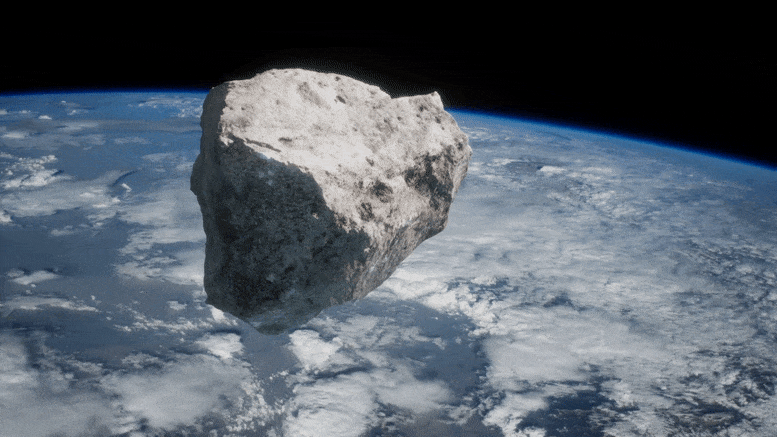
The Rise and Fall of the Riskiest Asteroid in a Decade — “I’ve Never Seen Such a Risky Object”
For a few tense days this January, a roughly 70-meter asteroid became the riskiest observed in over a decade. Despite the Moon’s attempt to scupper observations, the asteroid is now known to be entirely safe.
Initial observations of an asteroid dubbed ‘2022 AE1’ showed a potential Earth impact on July 4, 2023 – not enough time to attempt deflection and large enough to do real damage to a local area should it strike.
Worryingly, the chance of impact appeared to increase based on the first seven days of observations, followed by a dramatic week ‘in the dark’ as the full Moon outshone the potential impactor, ruling out further observations. As the Moon moved aside, the skies dimmed and ESA’s Near-Earth Object Coordination Centre (NEOCC) took another look, only to find the chance of impact was dramatically falling.